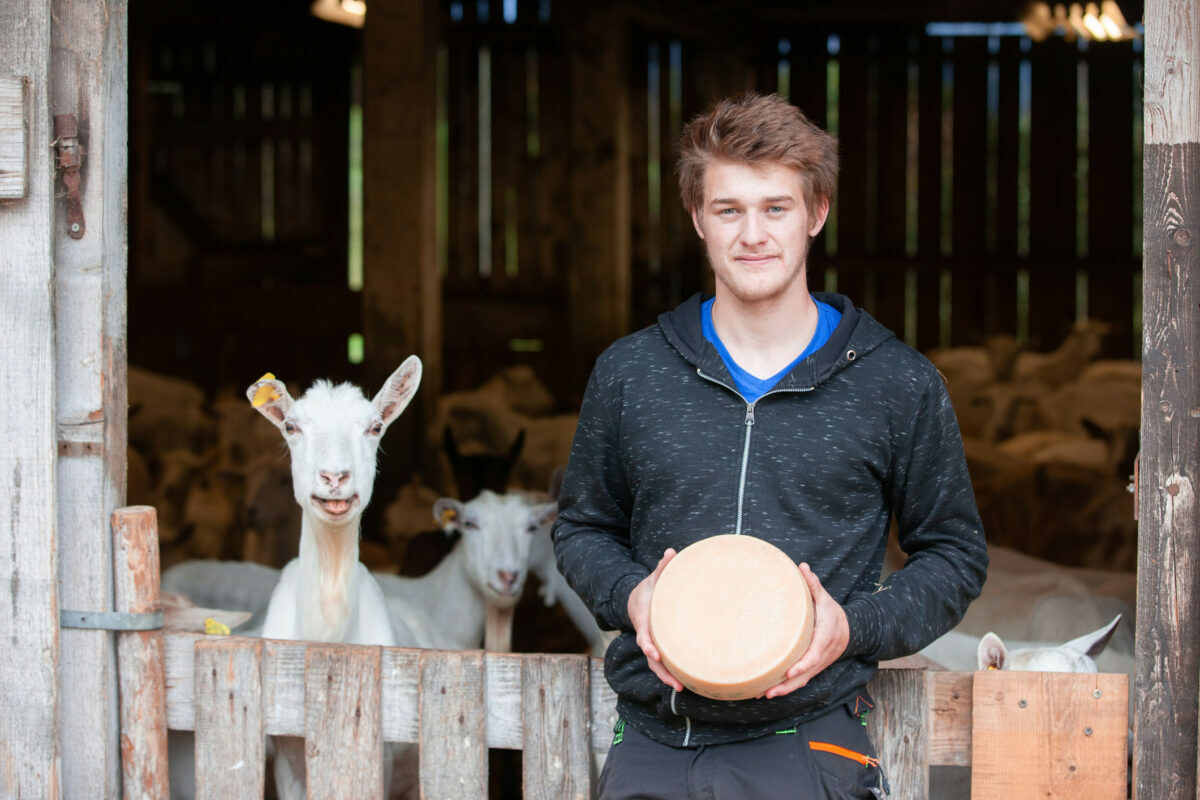Green Jobs: what does an Ethical Recruiter do?

In the past 10 years, the demand for ethical jobs has increased exponentially as companies and individuals alike turn their attention to improving the world around us. From environmentally focused engineering positions to community-building outreach roles, the person who often makes everything possible is a Recruiter.
As a Recruiter, it’s your job to match up the best candidate to the position at hand. Your role is an important one, as companies rely on you to source experienced and talented candidates. But it doesn’t end there – as a Recruiter you’re often the first experience a candidate has of a company, so a personable, calming approach is key.
In traditional recruiting, the range of roles you could be handling is huge – and while those working specifically within ethical recruiting may have a smaller roster of jobs to hire for, the variety is no less mixed. One day you could be hiring for a trendy plant-based food startup, and the next for a high-ranking Corporate Social Responsibility (CSR) position within a bank.
Emma Osbourne is the CEO and Founder of one of the first ethical recruitment agencies, Citizen Kind. She told Food Matters Live in a recent interview: “The demand for ethical jobs has definitely increased and I think that will be a trend we continue to see in the coming years.
“For the first time in a long time, candidates have realised that they have the power to pick and choose from the roles on offer, leaving more savvy companies starting to take steps to retain their talent by extending notice periods, giving pay increases, offering flexible working, equity/profit share as well as additional benefits.”
What are the job responsibilities?
- Receiving briefs from clients or managers about the type of candidate they’re looking for
- Advertising vacant roles by drafting and sharing listings
- Using social media and job boards to attract candidates to a role
- Headhunting well-matched potential candidates and talking to them about opportunities
- Guiding people through the interviewing process and being a point of contact between the candidate and company
- Looking over and selecting a group of the best CVs to pass on to the hiring manager
- Delivering both bad and good news to those who haven’t or have got a job they applied for
- Requesting references from a candidate and contacting where appropriate
Who might your employers be?
Most Recruiters will find they’re either employed by an external agency or in-house at a particular company. With the former, you’re likely to have many different clients looking for staff at any one time, and may be hiring for several jobs at once. The benefit here is that you’ll be able to work on many different positions across a potentially wide range of sectors. Another good element is that you could eventually be experienced enough to tailor what jobs you hire for – if you have a particular interest in cellular agriculture, for example, you could engage with and help clients that work in this area.
Conversely, Recruiters that work in-house will find candidates for roles within one specific company, or within a range of connected companies. The benefit of this kind of recruiting role is the ability to really get to know one company very well. Again, in time this could mean finding a specific niche within the job market and making it your focus.
What qualifications do you need?
There are multiple ways to become a Recruiter and not all of them require you to go to university. Many recruitment apprenticeships exist, and bigger companies often have training schemes with the same purpose. In these cases, all you’ll need is a good application and a willing attitude, and you’ll get all the relevant qualifications and experience you need to begin your career. Head over to the Government’s apprenticeship finder website to find one that suits you.
If you’re set on going to university however, there are just as many potential paths this way too. Many Recruiters have a bachelor’s degree in a field relevant to their role – and these can be as diverse as Communications, Psychology, Sociology, Business Administration or Human Resources. People-focused courses tend to set up candidates for success, as this will be a core part of the work you do later in your career.
Check out these courses to get inspiration on your next steps:
- Human Resource Management, BA (Hons) – University of Westminster
- Communications, BA (Hons) – University of Exeter
- Psychology, BSc (Hons) – University of Manchester
- Business Administration, BA (Hons) – University of Hertfordshire
You may find that if you’re focussed on becoming a Recruiter who deals with more ethical clients and candidates, you have to start your career in a more general company. This way you can build up your experience, before branching out into your chosen field. However, Emma predicts this may not necessarily always be the case, as she sees more and more recruitment roles becoming ethically focused in the coming years.
“I think as people start changing how they live, the things they buy and the food they eat, they unlock a part of themselves that society begins oppressing in them as children,” she says. “They realise that they have a limited time on Earth and want to leave something behind to be proud of: a legacy, a contribution, an act of service.”
What is the salary like?
According to Glassdoor, the average salary for a Recruiter in the UK is £28,513. This can rise significantly as employees progress. The same website reports Senior Recruiters earning as much as £37,764 and Recruiting Managers £42,916. As always, the bigger the company, the more likely you are to have a bigger salary.
Where will you be working?
At the moment, you’re most likely to be working in the office of either a recruitment agency or a company in their human resources department. However you’ll also be expected to meet with prospective candidates, be that in meeting rooms or over coffee. Additionally, with all companies keen to recruit new talent, you may be asked to attend job fairs, university careers events or other recruitment events like trade fairs and expos.
Emma says that because the business world is increasingly focused on its ethical impact, the teams you work with are likely to get bigger as the years progress. “[Companies are] beginning to start hiring more senior leaders again and the amount of investment coming into the sustainability, ethical and plant-based industries mean we are likely to have a very busy year ahead!” she says.
What is the career progression like?
Career progression within recruitment is good, with entry-level employees usually being promoted to more senior positions within a few years of service. Additionally, with more experience comes a better ability to direct your skills towards sectors you’re interested in – for example sustainable food, CSR or academia.
The highest levels you can reach in-house at a company are Head of Recruitment or Recruitment Manager. Here, you’ll likely be managing one or multiple teams to find the right talent for your brand. Externally, you could end up setting up your own recruitment agency, in which case you could become a Managing Director or CEO.
Some companies will also offer continuous professional development opportunities to help refine and strengthen your skills. The Recruitment and Employment Confederation offers several courses to this end.
Don’t worry if your career starts off somewhere outside of ethical recruitment. As Emma says, it’s about values more than anything. “Companies predominately are looking for candidates whose values chime with theirs. That resonance is the reason I set up Citizen Kind and is the secret sauce to staff retention.
“No company is perfect, but if people feel like you are doing your best to do what you believe to be the right thing, then they are much more likely to both forgive your shortcomings and celebrate your wins as their own.”
Is there a demand for this job?
Absolutely. Companies are more aware of their impact on the planet than ever, and ethically-minded Recruiters are a huge part of the process of finding talent to helm sustainability drives. While at the moment, there might be one Recruiter within a team looking for candidates for ethical roles within a company, Emma says the number is likely due to go up.
“Films and novels have been telling us for years that the secret to a happy and fulfilled life is love – the time has come to bring those ideas into the workplace and spread them around!” she says.








